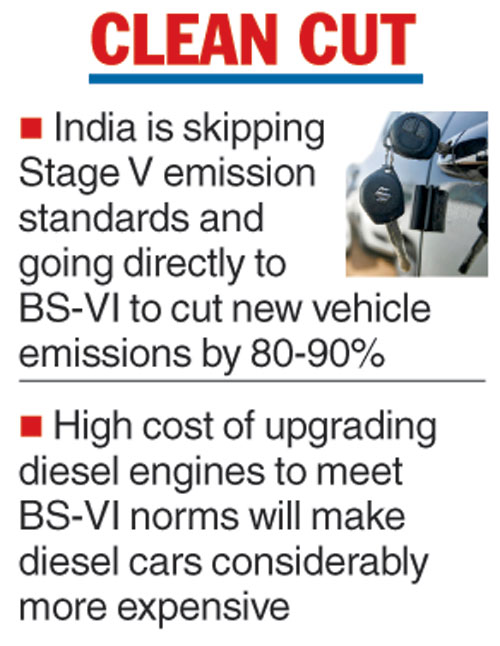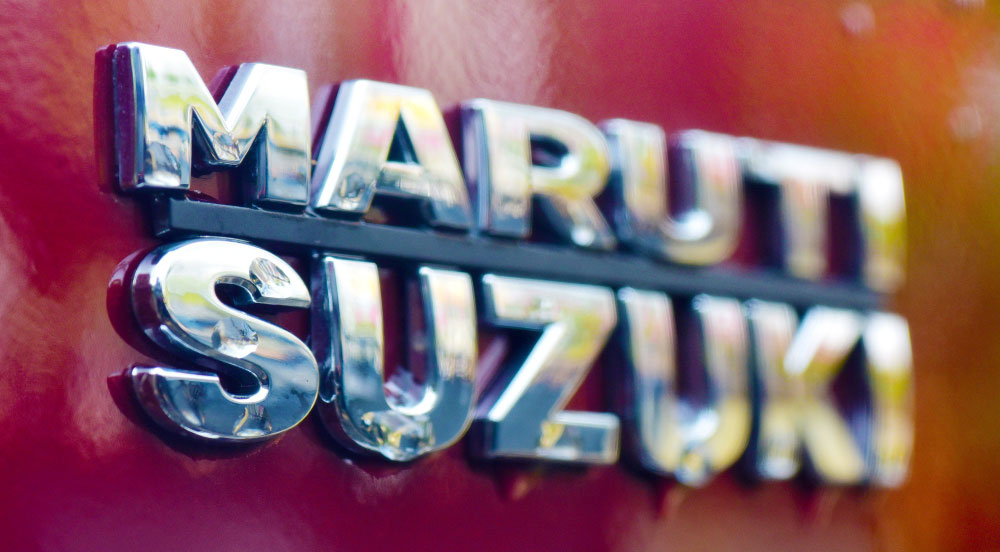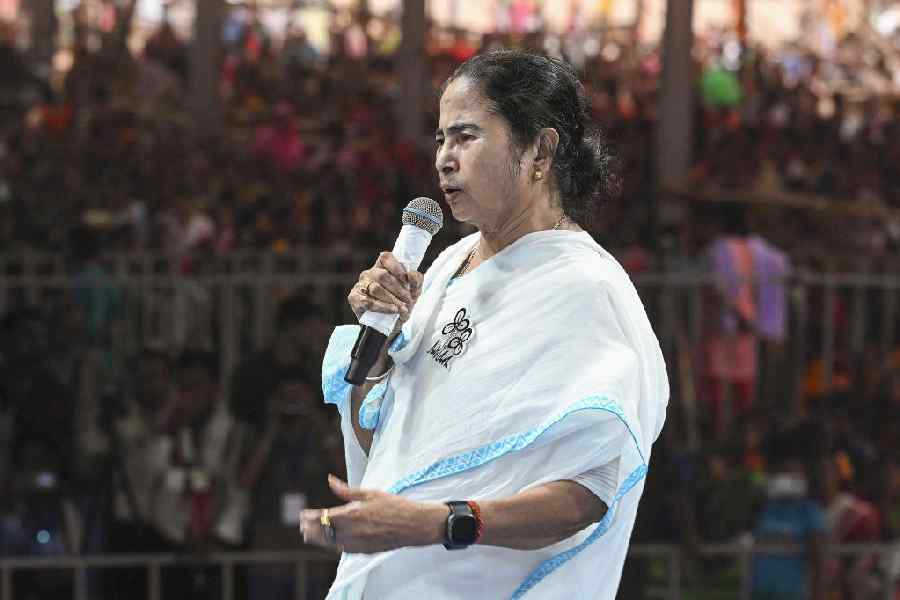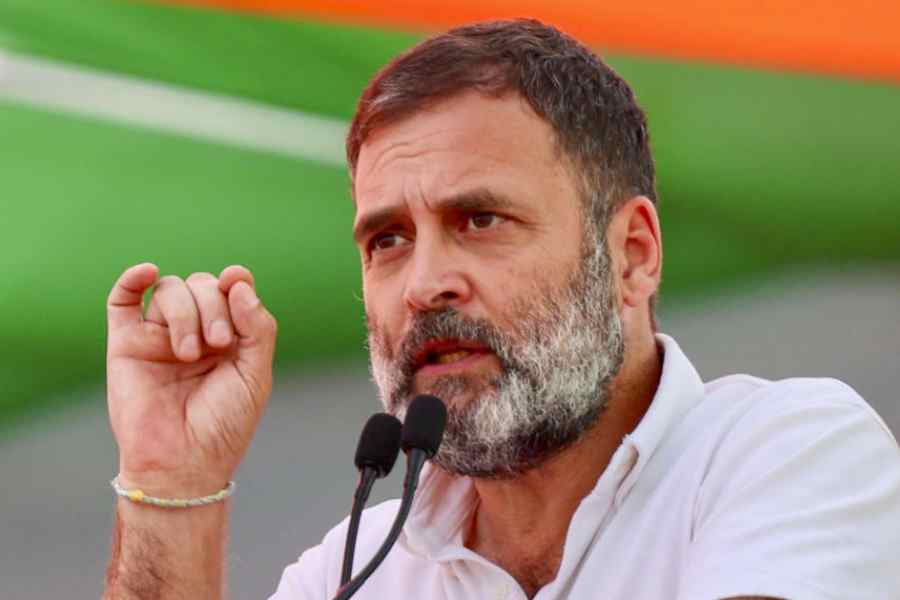Maruti Suzuki India, the country’s largest car maker, will stop rolling out diesel cars from Apri 1, 2020, when the country shifts to Bharat Stage VI fuel emission standards.
“From April 1, we will have no diesel car on sale. Depending on how customers react… if we find there is a market for diesel cars (after the new emission norms kick in) we will develop it in a reasonable amount of time,” Maruti chairman R.C. Bhargava told reporters.
“Ever since the BS VI compliant engines have come (in Europe) diesel vehicle sales have been falling because the price difference between petrol and diesel cars has become much bigger. I don’t think the Indian market would be any different, here the buyers are even more price conscious,” Bhargava said.
India is the only major vehicle producer to skip Stage V emission standards and shift to BS-VI from BS-IV that will reduce discharges by 80-90 per cent.
Maruti gets 23 per cent of its total sales in the domestic market from diesel cars. It sold 4.63 lakh diesel units last fiscal.
Some of the company’s models such as the Vitara Brezza and S-Cross come with a diesel engine option only. Others such as the Swift, Baleno, Dzire, Ciaz and Ertiga have petrol versions in addition to the diesel trims.

The Telegraph
Maruti has also decided to pull the plug on the diesel version of its light commercial vehicle Super Carry from next year.
It would be only available in the petrol/CNG version.
Analysts said the price gap between diesel and petrol cars was expected to widen greatly post 2020 as the high cost of upgrading to diesel engines to meet the BS-VI norms will make them considerably more expensive.
A buyer would be able to get a higher segment petrol car at the same price point, particularly in relatively affordable cars.
According to some estimates, the diesel variant of vehicles would be at least Rs 2.5 lakh more than the petrol version.
Bhargava said: “If we come back in diesel it will be in the 1500cc range and not lower than that because the price difference will make that model unaffordable,” he added.
Profit dips
Maruti Suzuki on Thursday reported a 4.6 per cent decline in the March-quarter net profit at Rs 1,795.6 crore, hit by adverse foreign exchange rates, high commodity prices and a rise in sales promotion expenses.
The company had posted a net profit of Rs 1,882.1 crore in the year-ago period. Net sales rose to Rs 20,737.5 crore.
Total car sales, however, declined marginally to 4,58,479 units.
For the entire fiscal, Maruti posted a net profit of Rs 7,500.6 crore, down 2.9 per cent from the previous fiscal. Net sales rose 6.3 per cent to Rs 83,026.5 crore in 2018-19.










